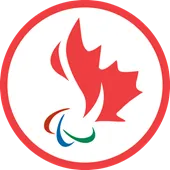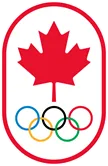Creating connections through cohorts to help develop people and make sport a better place
The sessions are held in out-of-the-way places, distraction free.
They’re private.
Participants sign a confidentiality agreement to keep the deep-discussion details strictly in-house.
Nothing’s off the table. The joys and frustrations. The failures and successes.
Canada Leads represents a flagship component of Own the Podium’s Pursuit initiative, designed to allow the country’s high-performance coaches and technical directors to come together in an all-sports/mix-’n-match format, and just … release.
The experience represents much more than the usual definition of a customary think-tank.
Just ask Gina Kingsbury, recently hired as general manager of Toronto’s entry the Professional Women's Hockey League for verification.

“I don't know many programs outside of this one that really zone in on people’s self-awareness of how they can show up and be better; how they can have a greater impact on other people,’’ praises the former vice-president of operations for Hockey Canada and a sold-on-the-concept participant of the Canada Leads initiative.
“Ours is a lonely job, in some ways. You’re constantly around people but you feel a bit isolated because there’s the feeling the buck falls on you to make it happen.

“So, it’s great to be around like-minded people who understand that aspect of the job but also understand the great opportunities we have - the privilege we have - in helping others be better. We throw everything out there, challenge each other to be better.
“It doesn’t take very long to get to know your Cohorts - the group you work with - really well. A lot of the purpose of it is self-discovery. When you do that, show vulnerability and open yourself up to others, trust comes quickly.”
The diversity of including such an array of sports does make for intriguing interaction but, as Kingsbury notes, “when you boil it down, peel off the layers, the challenges are more or less the same. They just look a bit different.”
Nine Cohorts, including approximately 80 coaches and leaders, have gone through the sessions to date. By acclamation, the skills learned, the alliances forged, the progress made, the ideas batted about, have made each Cohort better in differing ways.
For Mike Thompson, senior team coach and national performance manager for the highly successful Paralympic swim program, the experience has proven, quite literally, a career-saver.
“In my case, I’d say it’s the reason I’m still coaching,” confesses Thompson. “Not an exaggeration.

“So, yeah, it’s been extremely important for me. There were a number of times I felt very burned out and was having a really rough time with everything. Canada Leads has helped with that.”
The program also put him in contact with Judy Riege, a leadership learning coach and founder of Connected Leaders, who works with individuals, teams, and both sports and business organizations.
“One of the things I really leaned into was when she talked a lot about emotional intelligence,’’ says Thompson. “I realized pretty early on that that was my superpower - I’m not saying I’m a superhero - but I didn’t know how to use the skills I actually had. They would come out only from time to time.
“Judy taught me how to deal with levels of support, how to deal with a human being and not an asset or a commodity. How to try and meet people where they are, not where I am.”
By chance, Thompson signed up to be a part of the very first Cohort group (“the guinea pigs”) in the Canada Leads program.
Eight high-performance coaches gathered to undergo “a 360 review”, where each participant completed the same survey designed to show where that person, as well as his/her Cohorts, believed himself-herself to be in terms of coaching/leadership acumen.
“I really thought I was a ton better than I actually was,’’ laughs Thompson at the recollection. “My blowback when I got that initial survey was: ‘Well, what do these people know, anyway!?’
“I didn't want to believe it. I didn’t want to take it. Because I just naturally thought: ‘Hey, I’m really good at what I do.’ It wasn’t until the de-brief that I began to understand that there is power in people thinking very highly of you and still helping you with what you can do better.
“I realized there were gaps that I needed to fix or raise, otherwise I couldn’t reach or influence people. And, really, that concept of reaching and influencing people has fundamentally changed the way that I coach.”
He gratefully recalls a trip alongside Cohorts to Halifax, with a focus on storytelling. Participants learned how to tell their own stories in a one-hour presentation - what Canada Leads did for them and where they believed the initiative had taken them.

“That,’’ enthuses Thompson, “was just so refreshing. I was tired, frayed, coming out of Pan Pacs that summer, which were really impactful and hard. I was going through a divorce with my kids living in a different province at the time. I had a lot of things to try and juggle.
“Then I get to put myself on this little island where all I’ve got to think about is how to tell the story that I’m dying to tell people but don’t know how to tell people.
"Learning the skills to get that out was such a huge thing for me. You can go back to your program refreshed and tell people what you’ve wanted to for so long but didn’t have the words, didn't know where to start. Those things kept me grounded, kept me refreshed, took a load off my shoulders.
“I’ve said this often but if I’d taken this course long, long ago, I would’ve been a better communicator and I’d have been able to navigate my career and my life better.”
Sam Edney is now in his fourth year as high-performance director for Luge Canada. A decorated four-time Olympian in the sport, he became Canada’s first World Cup gold medalist in 2014, and part of the historic silver-medal winning relay team at PyeongChang 2018, who following retirement bypassed the customary coaching step, segueing directly into the technical side of things.

Edney praises the Canadian Olympic Committee for bringing the entire athlete fraternity together at multi-sport international events as a single, focused-for-Canada entity during his competition days.
“We were really a core group of athletes that were part of a team,’’ reflects the 39-year-old. “Particularly from 2010 (and the Vancouver Olympic Winter Games) onward. You knew the alpine skiers. You knew the bobsledders. You knew the figure skaters. So, there’d already been a real sense of camaraderie established at that level.
“Today,’’ he adds, with an eye towards the Milan-Cortina Winter Olympic/Paralympic Games in February of 2026, “something like Canada Leads is creating the same dynamic at the sport leadership and coaching levels.”
These days, Edney adds, he often finds himself sitting down for a coffee with Gina Kingsbury, or Chris Jefferies from Nordiq Canada because of the Canada Leads connection.

“I know if I have a problem and need support or feedback or whatever, they’re there for me,’’ he emphasizes. “Now, I’ve got this group of people, peers, who have my back.”
And vice-versa.
That sense of bonding ranks, for Kingsbury, among the imperishable benefits of Canada Leads.
“I think it’s so important to unite,’’ she says. “I cannot stress that enough. Instead of being silo-ed, trying to reinvent the wheel by yourself when things aren’t going well, there’s just so much we can share and help each other out with.
“It’s a pretty unique role we play in high performance sport. I’m always asked: ‘‘What do you mean, you run a national team? What is your job, exactly?’ And, to be honest, I have a very hard time explaining it to folks. So, to be in a room with like-minded individuals, people who truly, fully understand the role, both the challenges and the great aspects of what we get to do every day, is pretty special and pretty powerful.
“Environment is something you can’t really measure. There’s an emotion to it, a feel to it. People’s best performance comes in a mindset that we are trying to create through human connection.
“So, if we want a healthy sports system in Canada we’ve got to support each other, lean in, share and be a team ourselves.”
The Canada Leads tagline is, in Edney’s opinion, somewhat redundant. He reckons Canada has been a leader for a while now. And he’s certain that it won’t take long for other nations to begin copying the Pursuit/Canada Leads blueprint.
“We,’’ he points out, “have always done a lot of really good things and I think we’re well ahead of the pack on this.
“This, for sure, is a world-leading type program.
“I don't believe any other nation is doing anything similar at the moment. But it won’t be long before we see the powerhouses - the Germans, the Norwegians, the Americans – discovering this model of ours and saying: ‘We should do this, too.’
“Why? Because it’s working.”
And will continue to do so, predicts Gina Kingsbury confidently.
“The connections we’ve made,’’ she predicts, “will far surpass the time we spend together and continue to live on way beyond after we’re done the program.
“It’s that impactful.”
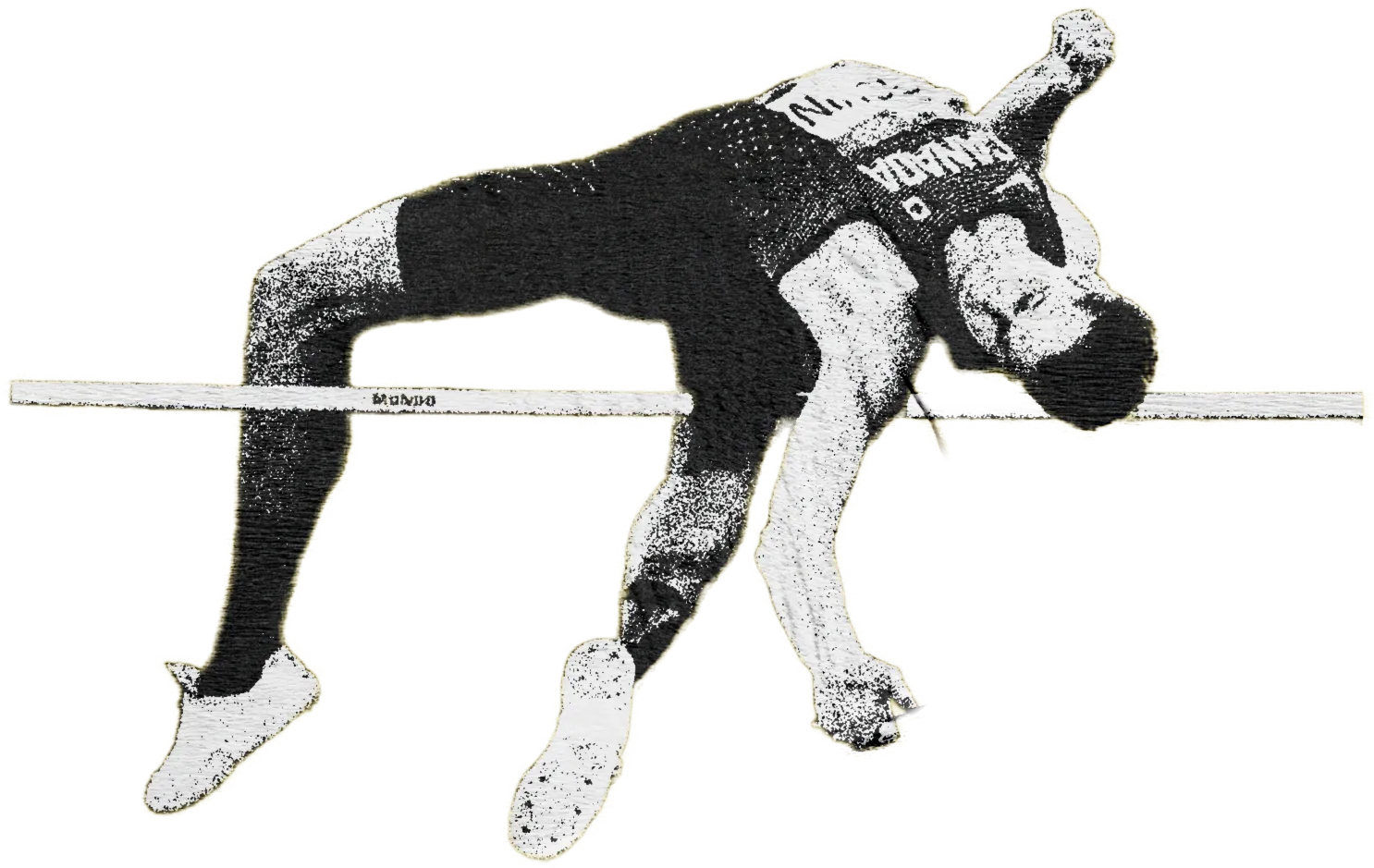
.webp)

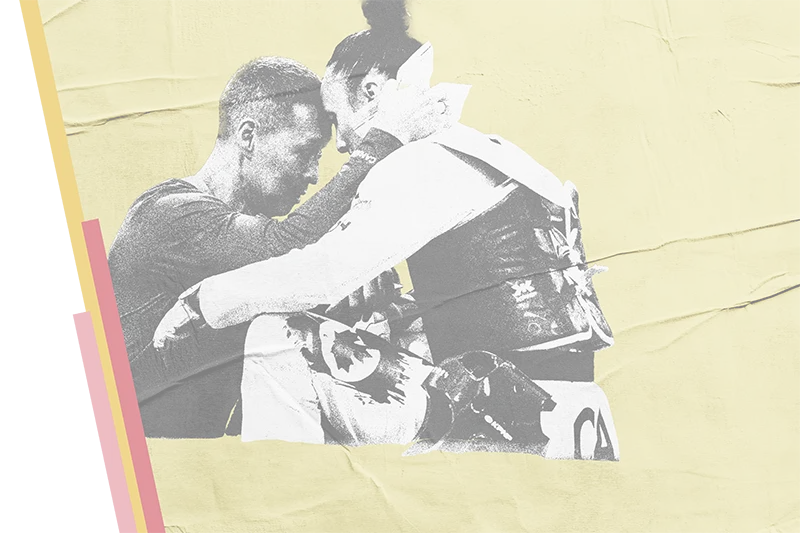
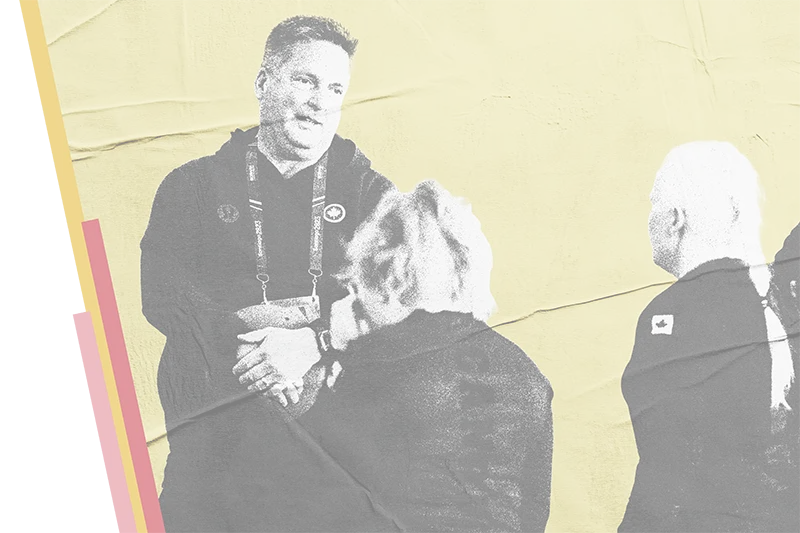
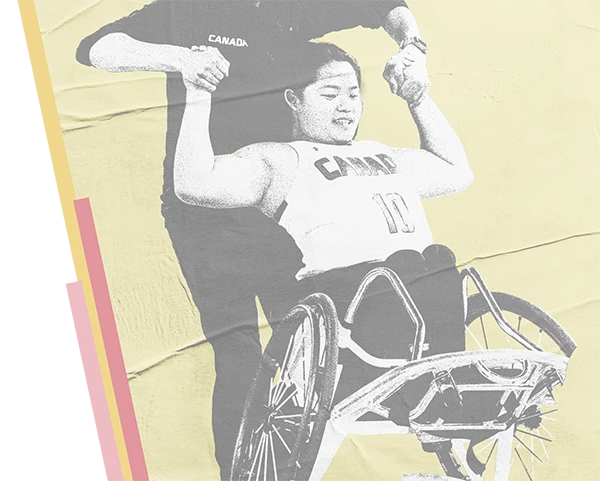
.webp)

